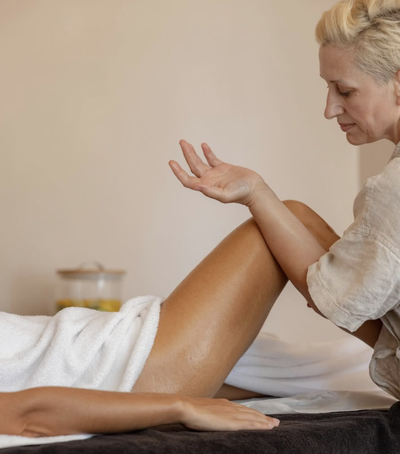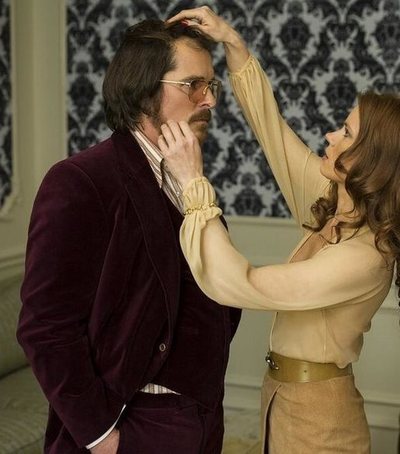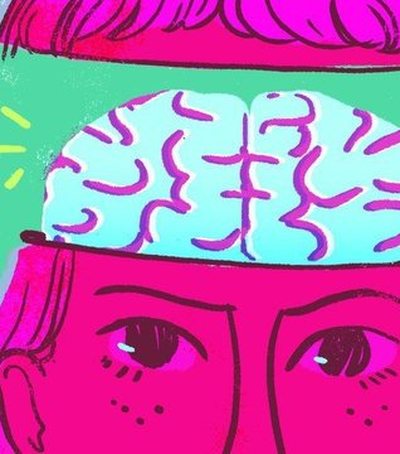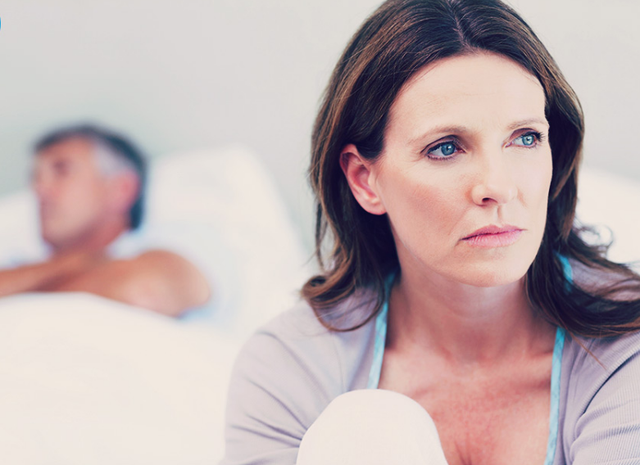
"Hypodynamic libido disorder (HSDD) is a common form of sexual dysfunction when women have little or no desire to have sex, and this causes concern," says Lauren Streicher. HSDD can appear both in physical and psychological elements.
Conservative estimates say that 10% of women have HSDD, but some studies suggest that the condition is diagnosed and this affects more than 33% of women. Here are some medical reasons why you have little sexual desire.
Signs that may have a hypoactive sexual desire disorder
You are treated with antidepressant
Antidepressants greatly reduce your desire for sex and your ability to experience orgasm and this is directly a side effect of these medications.
You are closing the menopause
"I would say that 90% of women in perimenopause have lower libido", says Dr. Beall. And this can be a big problem if your partner is still active. The gold medal must be found for both partners.
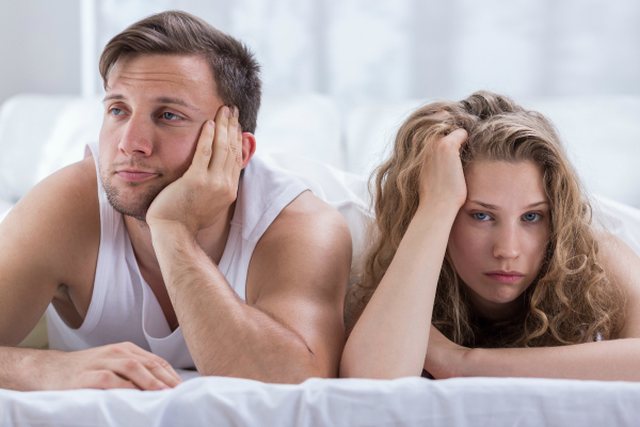
You have had traumatic experiences in the past
HSDD can derive from the trauma of the past. Or bullying, rape, or possibly growing in a very religious atmosphere where sex is considered as something forbidden. Reasons can be numerous and this directly affects your sexual behavior.
Sex is painful for you
A cause of HSDD may be painful sex, creating fear or an abomination to the intimate relationship. "Women with endometriosis, pelvic inflammatory disease or other infections may have painful relationships," says Dr. Streicher. It is important to approach your gynecologist to deal with any existing condition or to discuss when the sex starts to become painful. Do not accept this as normal.
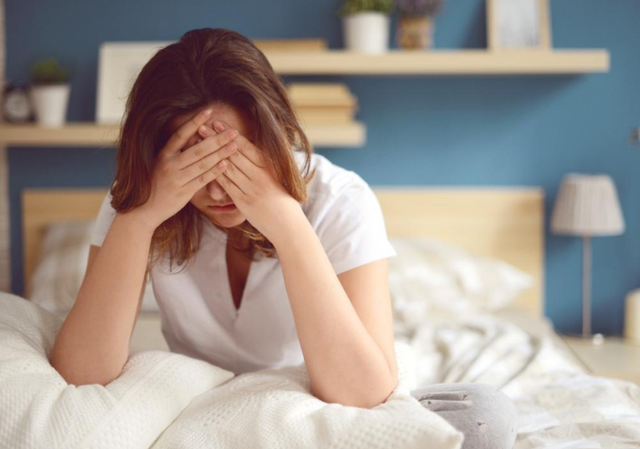
How is hypoactive sexual desire disorder treated?
The only treatment approved by Health Canada for HSDD is Addyi (flibanserin), which is called "female viagra" because it increases sexual desire. As another option, Dr. Beall suggests vaginal estrogen, especially for postmenopausal women. "Reducing libido and dryness is a recipe for lack of sex, so using ovules or vaginal creams can help you," she says.


